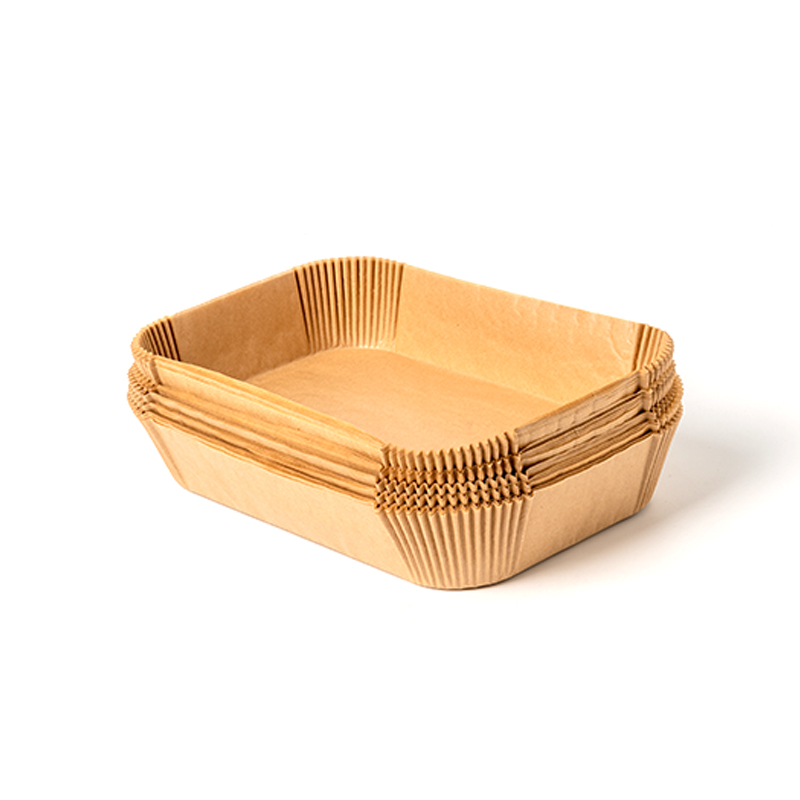Product details: Pop-up parchment paper sheets, an environment-friendly product, are composed of wood pulp and are double-side coated with silicone. Such a coating makes our paper smooth, greasepr...
See DetailsNatural Environmentally Friendly Raw Materials
Natural environmentally friendly raw materials refer to raw materials that are sourced from nature and produced in a sustainable and environmentally responsible manner. These raw materials are derived from renewable resources and have less impact on the environment throughout their life cycle.
Some examples of natural environmentally friendly raw materials include:
1. Organic cotton: Cotton that is grown without the use of synthetic fertilizers, pesticides, or genetically modified organisms (GMOs). It promotes soil health, biodiversity, and water conservation.
2. Bamboo: A fast-growing, renewable resource that requires less water and no pesticides to grow. Bamboo is used in various applications, such as textiles, construction, and packaging.
3. Cork: The bark of the cork oak tree is harvested without harming the tree, making it a sustainable material. It is used in sustainable flooring, insulation, and packaging.
4. Hemp: A versatile plant that requires less water and pesticides compared to other crops. Hemp fibers can be used to create textiles, paper, biodegradable plastics, and even building materials.
5. Recycled materials: Using recycled materials reduces the need for new raw material extraction and helps divert waste from landfills. Examples include recycled plastics, paper, and metal.
Emphasizing the use of natural environmentally friendly raw materials supports the transition towards a more sustainable and circular economy, reducing environmental degradation, and promoting the conservation of natural resources.


 English
English 中文简体
中文简体











